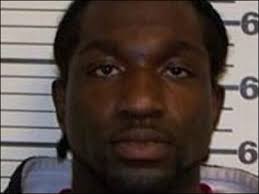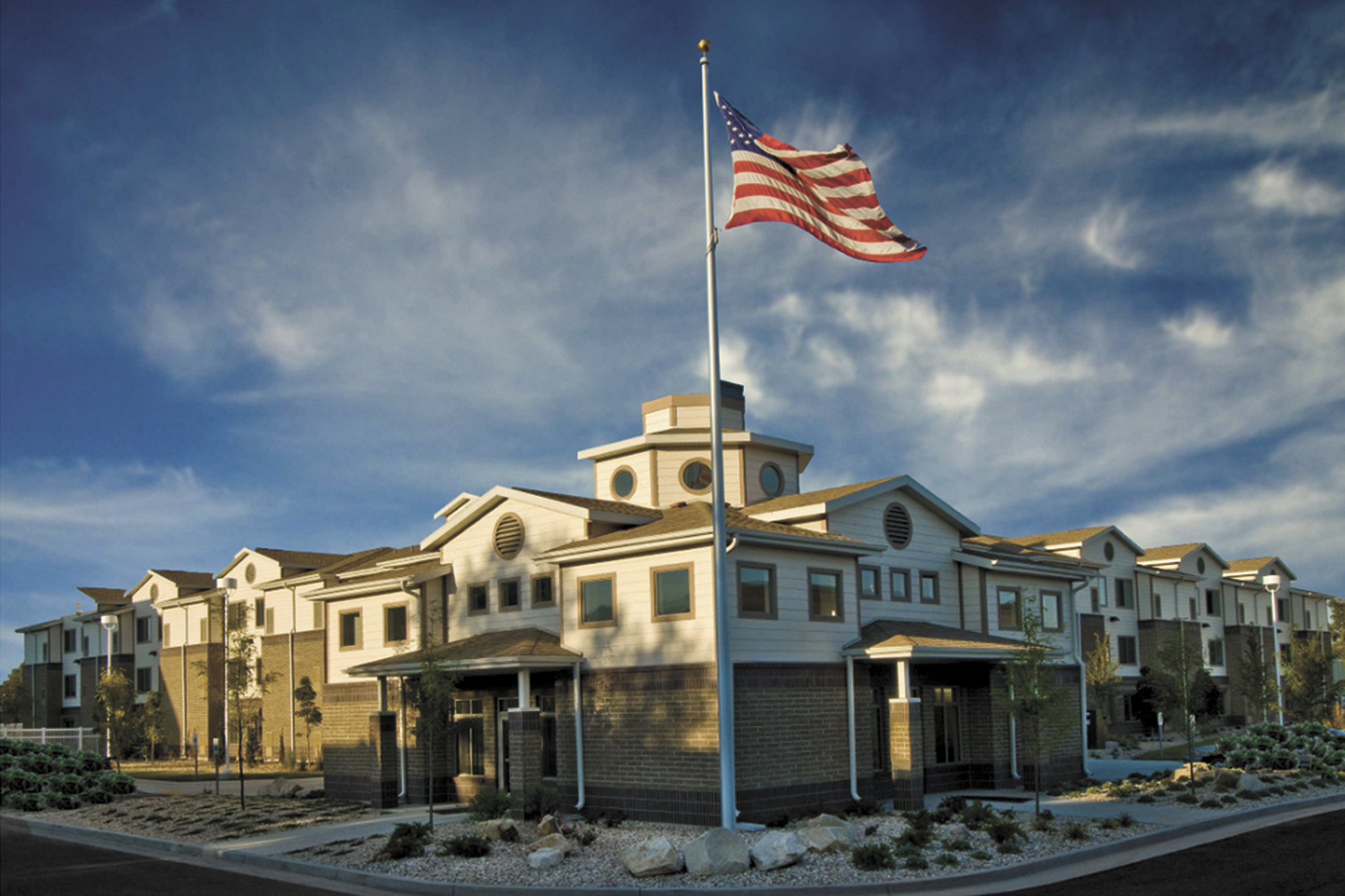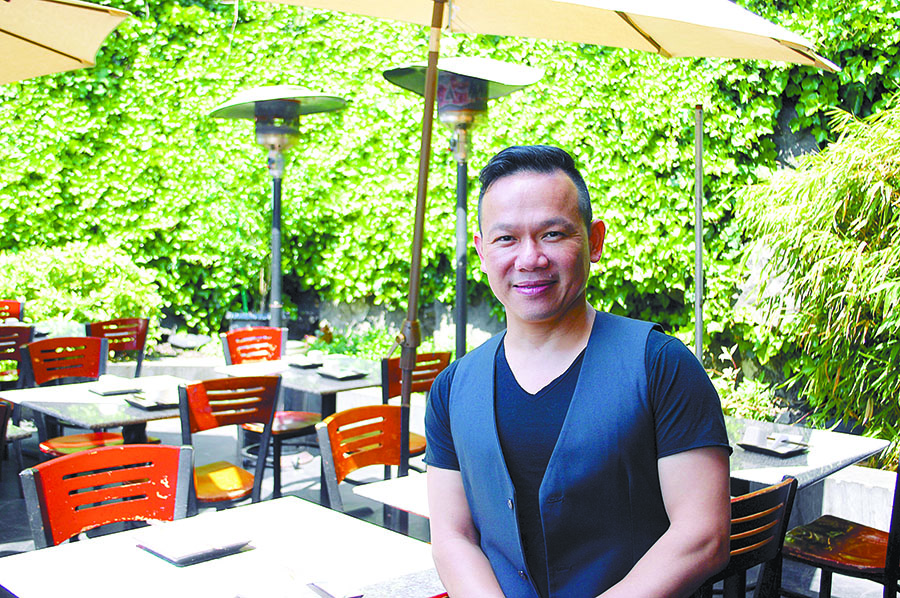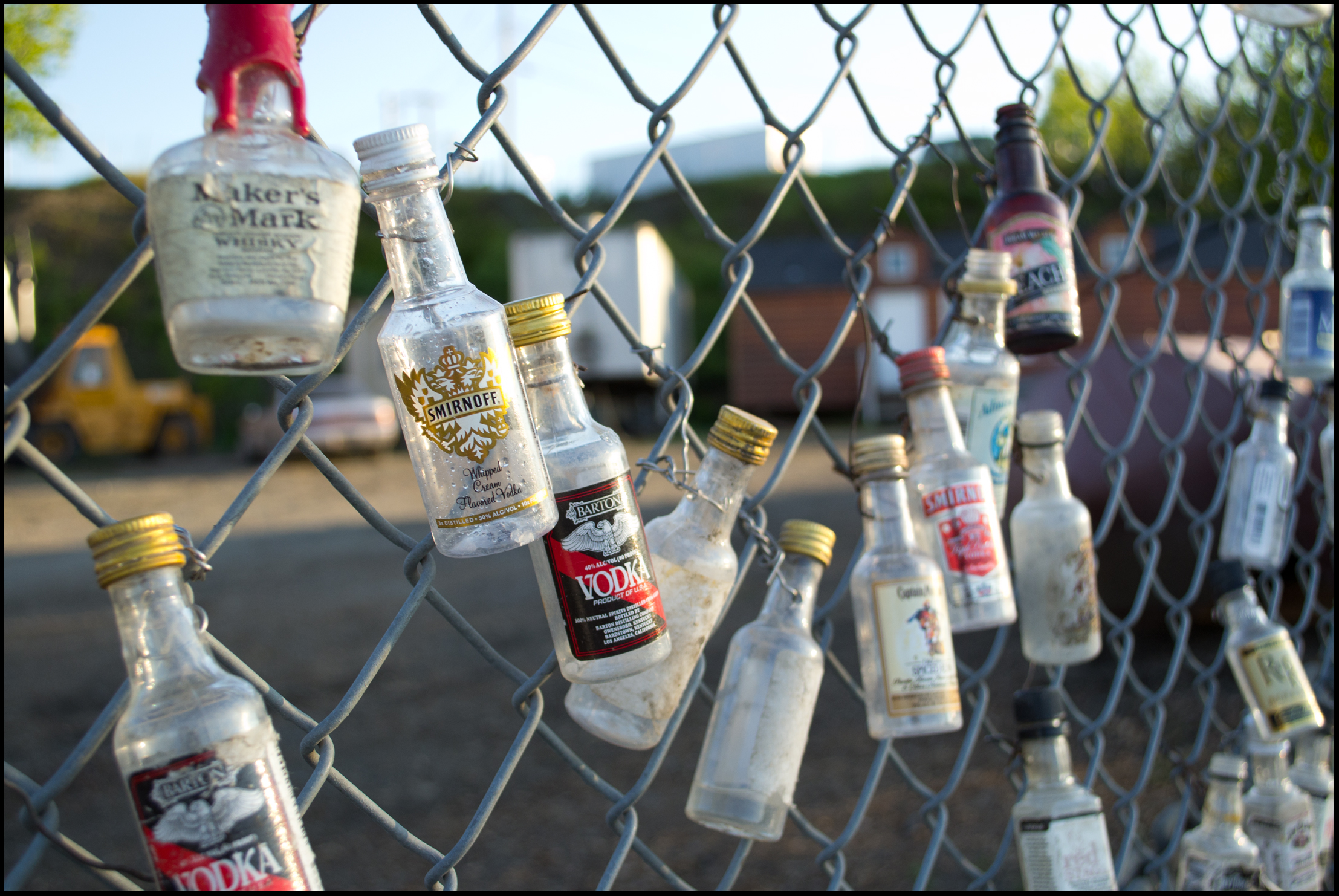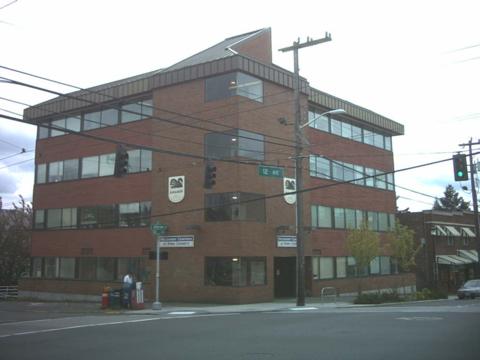For years, Martin Anwar Duckworth, the man who shot a Metro Transit bus driver last week and died from a barrage of police gunfire, was a fixture in Pioneer Square. Here, in this mangy swath of downtown Seattle, he languished among a legion of fellow desperadoes, where days are spent crouched against warm brick walls in stinking sleeping bags, enduring the endless ambulance sirens and the jarring hiss of curses and threats.
Street people like Duckworth live in this muck, cleaning pigeon droppings off mottled blankets, bumming cheap smokes on sidewalks washed daily in front of the Union Gospel Mission, while gingerly engaging in the cautious camaraderie of the homeless.
For 31-year-old Duckworth, who described himself on Facebook as a self-employed barber, nothing seemed to work out. He was a victim himself of a random act of violence, shot by an unknown assailant in Pioneer Square in March. He was a frequent no-show at court-ordered drug rehab and mental-health therapy, both programs in which he enrolled but didn’t come close to completing, reports Department of Corrections spokeswoman Norah West.
Repeated referrals to housing assistance programs and other community resources were largely ignored. So, too, were the come-to-Jesus admonitions from his community corrections officers, who called him a “chronic violator” of the conditions of his supervision.
“It is not unusual for high-risk offenders to have a large number of violations,” notes West.
It is not known from where Duckworth got the gun, police say, or where he lived his final hours. It may have been in an alleyway beneath the rumble of the Viaduct near the Compass Center. It is the Center’s address, 77 S. Washington, that he gave police the last time they hauled him in, nine minutes past midnight on July 29, 2011, for selling three chalk-colored rocks of cocaine to an undercover cop under the I-5 freeway at South King Street.
This is the shelter he frequented, usually to fetch his mail, sometimes with a girlfriend in tow, a caseworker tells Seattle Weekly.
“He wasn’t very talkative, but he seemed easygoing. I never saw any aggressive tendencies,” adds the Compass worker, who asked that his name not be used. “I’ve known him for a long time and he was never menacing to me in any way.
“It is obvious though that he had a substance-abuse problem because he was usually very exhausted during the day, since he was probably out all night.”
On a warm sunburst Monday morning at 8:48, the 5-foot-8, 150-pound Duckworth, clad in a hood and dark-colored sweatshirt, climbed aboard the Route 27 Metro Transit bus on Third Avenue in front of Benaroya Hall. Eyewitnesses say he paced back and forth, refusing the driver’s request to pay his fare.
Then, inexplicably, Duckworth lept at the driver, 64-year-old DeLoy Dupuis, and then turned a revolver on him. He shot Dupuis at least twice, in the cheek and arm. Police chased Duckworth down University and along Second Avenue. They gunned him down in front of 40 startled passengers after he entered another Metro bus at Second and Seneca.
Drug-addled, homeless, with a 10th-grade education, Duckworth, court records show, was arrested 71 times over the past dozen years. Most of those arrests involved drug dealing or drug buying, though in March 2007, he was arrested for hurling a rock through the window of a Pioneer Square nightclub and then stabbing an employee with a plastic knife. He spent 76 days in jail. He got another 60 days for crack cocaine possession in July 2007.
On Oct. 6, 2011, Duckworth was sentenced for the rock cocaine sale under the freeway overpass and ordered to serve twelve months of supervision and attend drug and mental health evaluation. On a dozen occasions, however, Duckworth ran afoul of conditions laid down by the court and his community corrections officers.
As one of his corrections officers wrote, “Mr. Duckworth failed to address both his chemical dependency and mental health issues throughout the time of his supervision.”
Under the Washington Department of Corrections’ Swift and Certain program for criminals on supervision, an offender who screws up by failing to meet with his corrections officer can immediately be jailed for one to three days. After five violations offenders can face up to 30 days in jail for each subsequent violation.
Because of numerous violations—which included failing to report, using drugs and tampering with his drug tests—it took Duckworth eighteen months, until April 15, 2013, to complete his DOC supervision.
Currently, there are 15,286 offenders on supervision in Washington state, two-thirds of whom are identified as “high risk to re-offend.” Duckworth was one of those.
Even though Duckworth failed time and again to follow the rules laid down by his corrections officers, supervision came to end, and could not be extended—unless he was charged and found guilty of committing another crime.
“He had completed his year,” said DOC’s West. “The story for us ended on April 15, 2013.”
Strangely enough, in the early morning hours of March 21, Duckworth was shot in the face by an unknown person in the area of Third Avenue and South Washington Street. Shirtless and bloody, he ran through the streets, where he tried and failed to seek refuge—aboard a Metro bus.
It’s a shame that steroid saturated, sexist homophobes are invading every major city in the world and their hate is spilling out into the streets. It’s happened several times in the Village in New York this year, it’s happening in Russia and it’s happening right here on Capitol Hill in Seattle.
So wrote Jeromy Carpenter beneath a YouTube video showing a fight outside Q Nightclub two weekends ago.
According to the video’s creators, homophobic slurs, including “fucking dykes,” were shouted just before the melee broke out. To them this proved that the fight was just the latest exhibit in what some LGBT advocates say is a troubling trend: Capitol Hill becoming dangerous for gays and lesbians.
On Aug. 5, a volunteer for Sen. Ed Murray’s mayoral campaign was attacked on Capitol Hill. Jason Jacobs told police the group of three men and two women hurled homophobic slurs at him before the attack, which left him with a broken nose.
In May, five men were arrested on suspicion of committing a hate crime after police found probable cause that they attacked a man on East Pike Street because of his race and sexual orientation.
“I’m hearing from my staff: Be careful,” said Louise Chernin, CEO of the Greater Seattle Business Association, a trade organization that represents businesses owned by gays and lesbians. “In the LGBT community, we get complacent, especially in Seattle, and we sometimes forget that we still are a somewhat vulnerable population. All minorities are a vulnerable population.”
Following the attack on his campaign worker, Murray made gay-bashing a campaign issue, saying in his primary victory speech that it’s becoming a problem in Seattle.
“We can’t go back to the 1980s,” he told the crowd at the Crocodile earlier this month.
After the speech, when asked whether he felt the city was being soft on gay bashing, Murray said only “it’s an issue we’ve taken our eye off of.”
Facing criticism over rising street violence in the downtown business core, Mayor Mike McGinn announced last week the city would spend $400,000 to extend extra policing in the city; asked at a press conference if recent violence against gays and lesbians was part of the decision to extend the funding, McGinn said it was. However, he stopped short of agreeing with Murray that it’s a growing problem in the city, saying instead that if you are the one who is attacked, the stats don’t matter.
Michael Wells, executive director of the Capitol Hill Chamber of Commerce who joined McGinn at the press conference, also hedged on calling gay bashing a trending issue on the Hill, suggesting instead that the high profile attack on Jacobs has set off alarms. At the very least, though, he said the attack demands gays and lesbians take precautions.
“The worst situation to be in on Capitol Hill is to be a gay or lesbian person, drunk, on a dark street, alone,” he said. “Nobody should do that.”
But regardless of whether a trend is truly afoot, the verdict seems to be in amongst the gay community, and the question has become not “if” but “why.”
“There is talk in the community about this sort of thing being backlash for Ref-74,” one person wrote on Reddit, in response to news of Jacobs’ attack. “There are thugs coming from other locations to Capital Hill [sic] to gay bash.
“What ever it is, there has been an increase of antigay violence on the Hill this last year.”
Meanwhile, Chernin suggests that it’s a mental health issue.
“I don’t think it’s the new people who are coming to the Hill, but people who need social services. People who are mentally ill,” she said. “The quantity of people who are mentally ill and are homeless are increasing, and we all pay the price for that.”
And she warns that if not addressed, the trend could have a negative impact on Seattle’s economy.
Her group just opened a gay and lesbian visitor center, meant to welcome LGBT travelers to the city.
“Word starts to spread. There have been a number of people being assaulted,” she said. daniel person
E
news@seattleweekly.com
